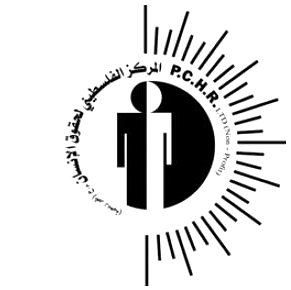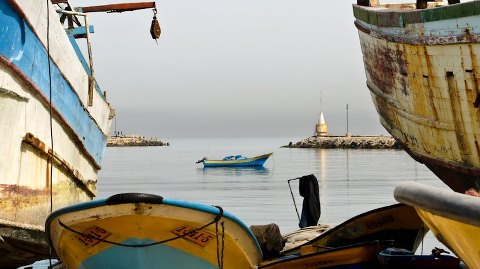Category: Press Releases
-
Three Palestinians injured by Israeli forces during weekly protest in Bil’in.
1st November 2013 | FFJ media center | Bil’in, Palestine This Friday, October the 1st, Bil’in’s weekly peaceful demonstration has once again been a violent demonstration from the Israeli state, while live ammunition and huge quantities of tear gas have been shot. Ahmaed Bornat (21 years old) was injured today by .22 bullet in his…
-
Israeli Forces use excessive force killing Palestinian civilian in Qabatya village near Jenin
31st October 2013 | Palestinian Center for Human Rights | Qabataya, Occupied Palestine In an excessive use of force, on Thursday morning, 31 October 2013, Israeli forces killed a Palestinian civilian in Qabatya village, southeast of the northern West Bank town of Jenin. According to investigation conducted by the Palestinian Center for Human Rights (PCHR),…
-
Palestinian fisherman injured and his finger amputated as Israeli naval troops fire at fishing boat in Gaza sea
21st September 2013 | Palestinian Centre for Human Rights | Gaza, Occupied Palestine On Wednesday, 18 September 2013, a Palestinian fisherman was injured and consequently one of his fingers was amputated when Israeli naval troops opened fire at Palestinian fishing boat on board of which 5 fishermen were sailing nearly 6 nautical miles off Gaza Harbour. The…



